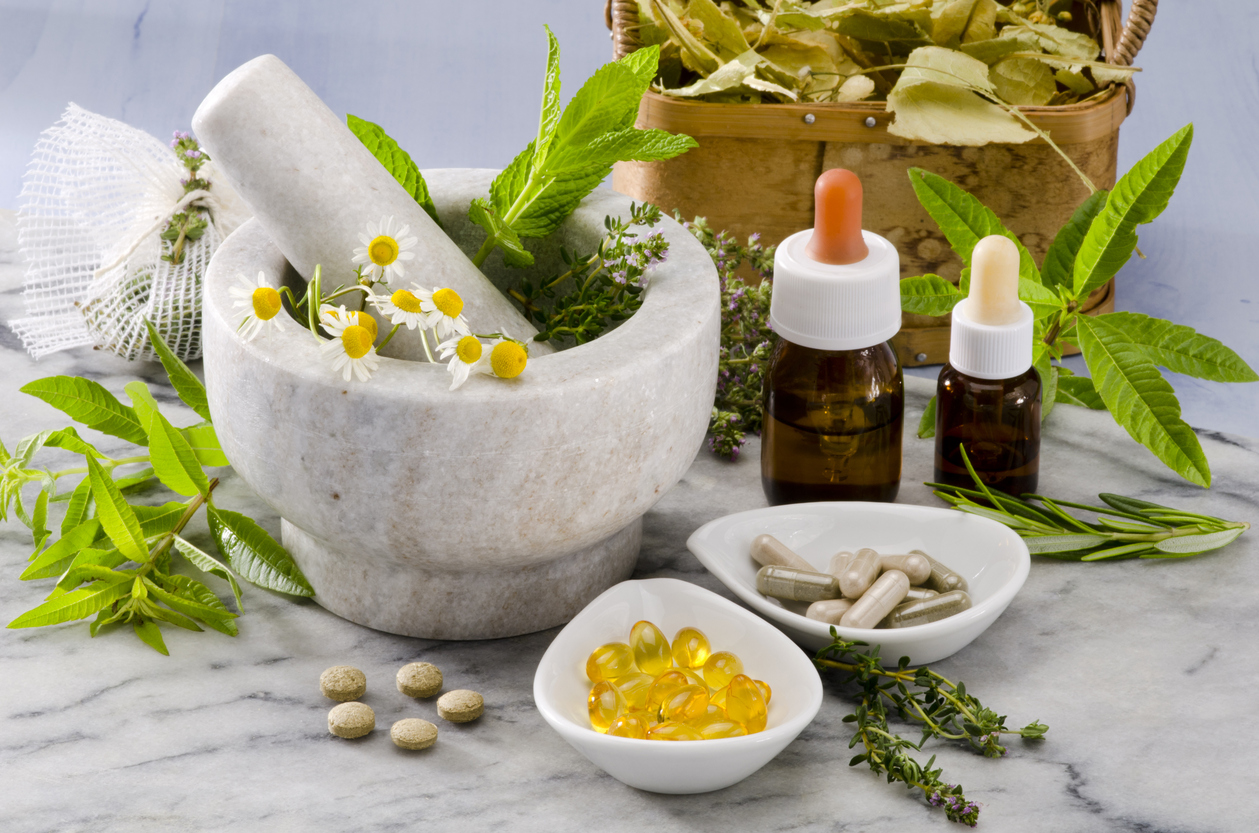Herbal and Homeopathic Medicine
Herbal Medicine
Herbal medicine is the oldest and still the most widely used system of medicine in the world today. It is medicine made exclusively from plants. It is used in all societies and is common to all cultures.
Herbal medicine includes herbs, herbal materials, herbal preparations, and finished herbal products that contain parts of plants or other plant materials as active ingredients. Available in liquids and tablets, herbs contain a large number of naturally occurring chemicals that have biological activity and compounds from plants that are used to produce common pharmaceutical drugs.
Herbs can be used to support and treat many conditions, including assisting or replacing certain pharmaceutical medicines.
Homeopathic Medicine
Homeopathy is a modality developed by doctor and chemist Samuel Hahnemann over 200 years ago. It is based on the "law if similars", which states "let like cure like". This principle was first described in 400 BC by Hippocrates, the father of medicine.
Hahnemann believed the underlying causes of disease were phenomena that he termed miasms, and that homeopathic preparations addressed these. The preparations are manufactured using a process of homeopathic dilution, in which a chosen substance is repeatedly diluted in alcohol or distilled water, each time with the containing vessel being struck against an elastic material. Homeopaths select homeopathics by consulting reference books known as repertories, and by considering the totality of the patient's symptoms, personal traits, physical and psychological state, and life history.
Homeopathy much like herbal medicine can be used to treat and support various conditions in children and adults. Supporting and often replacing some pharmaceuticals.

